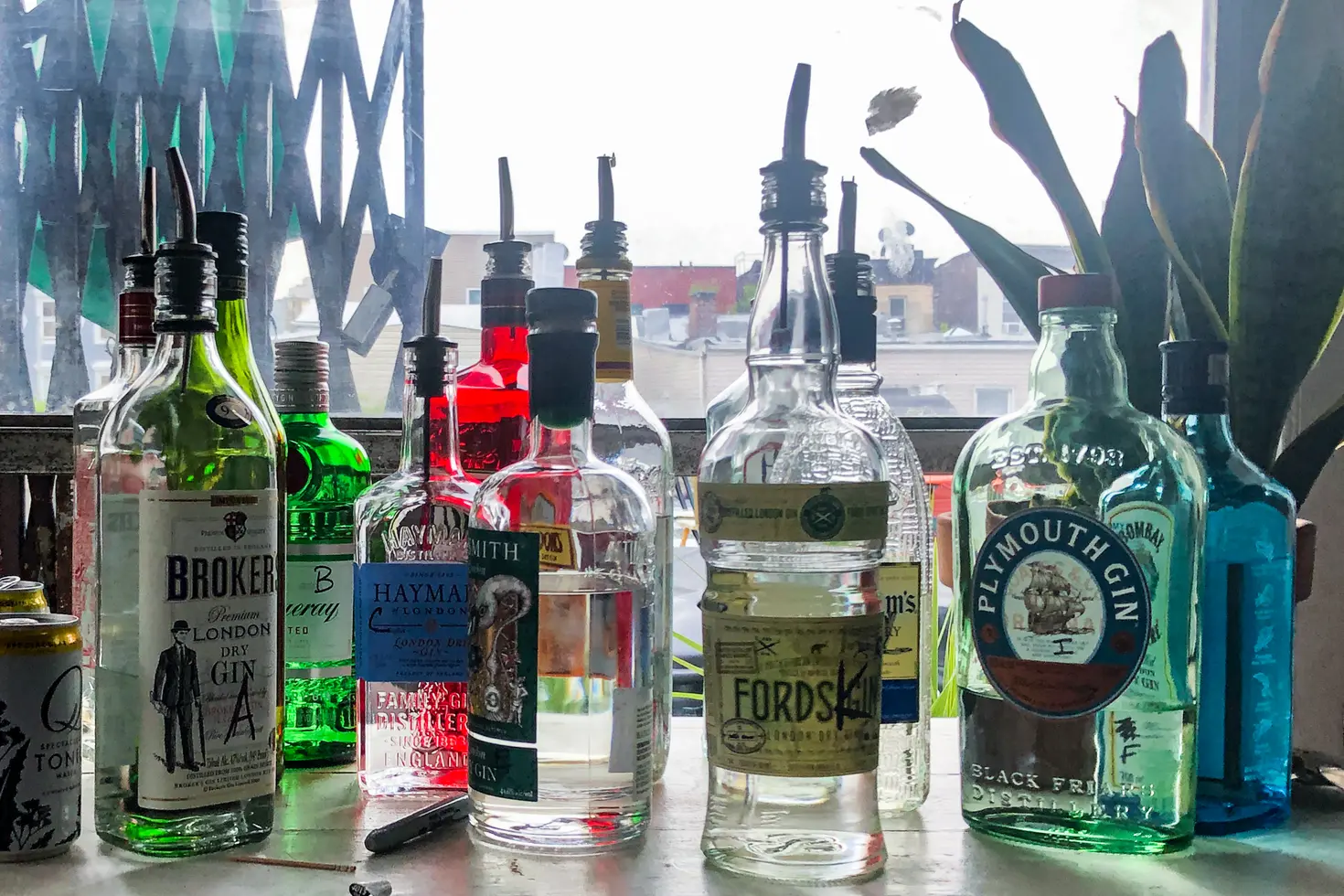There are many spirits you should know about. Gin is one of them. In the past, monasteries and apothecaries throughout Europe, particularly in southern Italy, Belgium, and the Dutch, manufactured gin as a medical liqueur to produce aqua vita from refined products of fruits and cereals. After that, it started to be sold in the alcohol sector. After the arrival of jenever, a Dutch and Belgian beverage primarily a medication, this beverage gained popularity in Britain. It became widely used around 1688, and this process had been going on since the early seventeenth century. These days, various herbal components are used to make this beverage, resulting in various unique brands and styles. It is typically flavoured with ginseng root, spicy, floral, fruit flavours after juniper, or frequently a combination of these flavours. It is frequently ingested with tonic water.
Benefits Of The Alcoholic Beverage
Maybe Beneficial To Your Skin
Although there is no official meaning of the phrase “superfood,” juniper berries are used to flavour this beverage. Antioxidants included in juniper berries provide multiple health advantages, including improving skin health and preventing chronic illnesses like heart attack and cancer. Based on a study of antioxidants, tea-tree oil, which has been shown to support clear skin, shares certain antioxidants with juniper berries. According to a different study published in Commercial Crops and Products, juniper berry oil may also have anti-aging benefits that help prevent lines.
Can It Make You Live Longer?
Gin’s high antioxidant content benefits not only your skin. According to some research, the anti-aging and anti-inflammatory qualities of juniper berries might enhance blood circulation and the elimination of toxins from the circulation, which can promote health and possibly lengthen lifespan.
Improves Digestion
This alcoholic drink is a typical appetiser (a drink offered before food) in many countries since it is thought to help your digestion process get ready for food. Alcohol use before a meal may increase hunger. This drink before supper may do more than get you in the mood to eat; it may also make you more appreciative. According to one study, people who drink alcohol well before meals react more strongly to the odours of their meals.
Alcohol That Is Suitable For Those With Diabetes
This beverage and other spirits are often free of carbs, making them suitable for somebody with hypoglycemia. This beverage is commonly blended with tonic water that is relatively low in carbohydrates, with only 15 grams of sugar per 8-ounce cocktail. Nevertheless, it’s crucial to think about the additives you’re putting in your beverages. For someone with diabetes, choosing dietary mixes that use a sugar alternative or mixers without processed sugar can be a wise choice. Additionally, balance is crucial for everybody, but people with diabetes, as excessive drinking can result in hypoglycemia (or low blood sugar).
It Can Assist In Preventing Coughing
By eliminating throat mucus and easing lung congestion, the compounds found in juniper berries may help to relieve coughs. Ginger, which helps to ease a throat infection, is just one of the various herbs and substances that can be blended with this beverage.
Its Consumption Also Reduces Bloating
Due to the juniper’s diuretic properties, it promotes urine production and prevents fluid retention. This beverage may aid in toxin removal if you suffer from indigestion or urinary tract infection.
The Drink Eases Joint And Bone Discomfort
Traditional treatments for rheumatic pain and osteoarthritis included the juniper super berry. According to people who love this beverage, gin-soaked raisins help lessen inflammation.
Conclusion
According to a study from Asthma UK, shifting to this drink during the summer may help to relieve your coughs and sneezes. It may not be the most apparent hay fever cure. The rationale behind such a remedy is that switching to clear alcohol instead of fermented beverages like lager and cider, which frequently exacerbate hay fever conditions, can inadvertently reduce them.

